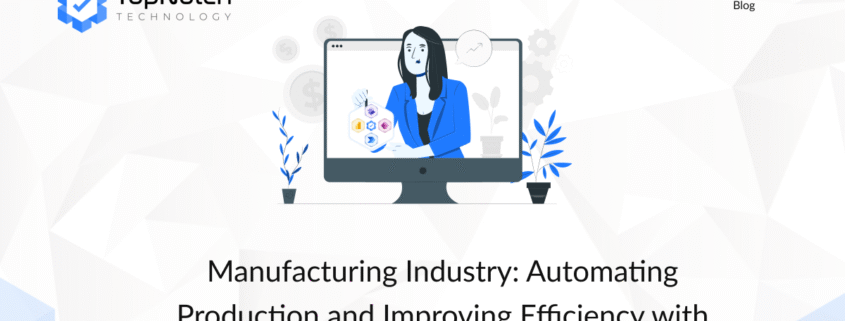Manufacturing Industry: Automating Production and Improving Efficiency with Power Platform
Introduction: The manufacturing industry is facing pressure to improve production efficiency, reduce costs, and maintain high standards of quality. With the increasing need for smart manufacturing and digital transformation, manufacturers must find ways to optimize their operations and stay competitive. Microsoft Power Platform offers solutions that help manufacturers automate workflows, monitor production in real time, and improve decision-making.
Challenges in Manufacturing:
- Production Efficiency: Manufacturers must optimize production lines to minimize downtime, reduce waste, and improve throughput.
- Quality Control: Maintaining consistent product quality while meeting customer demand is a constant challenge.
- Supply Chain Management: Coordinating materials, suppliers, and logistics can be complex, especially in global supply chains.
- Data Visibility: Manufacturers often collect large amounts of data from production lines, machinery, and sensors but lack the tools to gain meaningful insights from this data.
How Power Platform Helps in Manufacturing:
- Power Apps: Manufacturers can build apps to manage production schedules, track inventory, and monitor machinery performance. These apps can provide workers with real-time data on the status of production lines and allow them to report issues directly to maintenance teams.
- Power Automate: Power Automate can streamline workflows across departments, such as automating purchase order creation, quality inspections, and supply chain notifications. For example, when a quality issue is detected on the production line, Power Automate can trigger an automatic alert and create a maintenance request.
- Power BI: Power BI allows manufacturers to visualize production data and track key performance indicators (KPIs), such as machine downtime, yield rates, and supply chain performance. Predictive analytics can help forecast demand and optimize production schedules.
- Power Virtual Agents: Virtual agents can provide employees with real-time data on production schedules, machine performance, and safety protocols. This helps improve communication on the shop floor and increases operational efficiency.
Case Study: A global manufacturer adopted Power Platform to automate production scheduling and track machine performance. By using Power Automate to manage workflows and Power BI to analyze production data, they reduced downtime by 15% and improved overall equipment effectiveness (OEE) by 10%.
